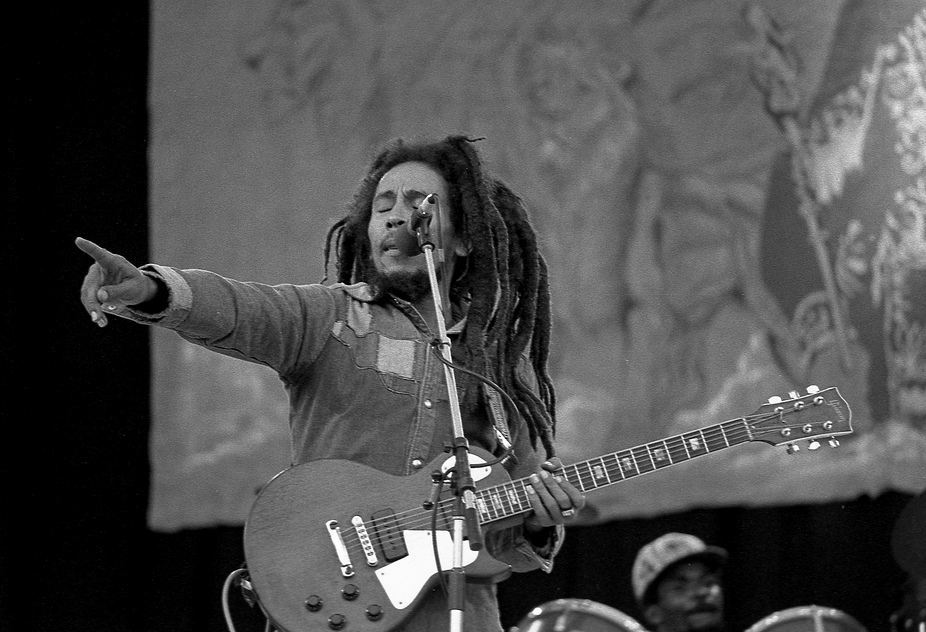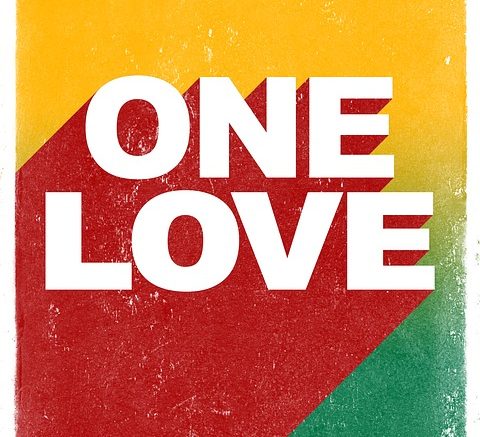UNESCO, the United Nations Educational, Scientific and Cultural Organization, honoured the Jamaican reggae adding it to the list of intangible cultural institutions worthy of recognition.
The genre now joined a list of over 300 cultural traditions, many of which come from African regions, including Mwinoghe, a joyous dance from Malawi and the traditional art of hand puppetry, from Egypt.
Earlier this year, the Hon. Olivia Grange, Minister of culture, gender, entertainment and sport submitted, in a video message, the request to consider reggae music as cultural heritage of humanity saying: “The world has embraced it already, what we want is to get the seal of approval from UNESCO and recognise reggae music as the creative output of Jamaicans”.
[youtube https://www.youtube.com/watch?v=olYYISLYLiU?start=1&w=560&h=315]
To celebrate the achievement, UNESCO posted a statement on their website: “Its contribution to international discourse on issues of injustice, resistance, love and humanity underscores the dynamics of the element as being at once cerebral, socio-political, sensual and spiritual. The basic social functions of the music – as a vehicle for social commentary, a cathartic practice, and a means of praising God – have not changed, and the music continues to act as a voice for all.”
While the inclusion of reggae in the UNESCO Intangible list is purely symbolic, The New York Times reported earlier this month that Jamaica hopes to protect reggae in more tangible ways.
Among other plans, the nation is looking to set up radio stations exclusively focused on the distribution of the genre, public exhibitions in museums and Reggae Month, celebrated in February, the birth month of Bob Marley.

International reggae icon Bob Marley @Flickr
Reggae bridged continents, deeply influencing other genres as dancehall and reggaeton, both popular in Latin America and lending elements to jazz and hip-hop. Rising to prominence in the ‘60s, reggae often celebrates Jah or God, ganja or marijuana and Ras Tafari, also known as Haile Selassie, the former Ethiopian emperor, whom Rastafarians recognise as the messiah.
It is smooth, calm and has got groove, main vibes of Sizzla creations, the most prolific contemporary Jamaican reggae singer.
[youtube https://www.youtube.com/watch?v=xWjCpE8508A&w=560&h=315]
With its call for peace, love and social justice, many don’t understand why it has taken so long for reggae to be recognised as global cultural heritage.
Yeshuah Diliza, independent reggae artist who still produces music the old way, told the Voice of London: “Jamaica had to overcome so many barriers. During the ‘60s, a lot of conflicts put my people against each other, yet reggae unified us. We didn’t have the means to spread it, we had to create them.”
“I flew to the UK, worked hard to get my music on CDs, started selling them for peanuts and then went back home. Since then, I never stopped. It has now been over 20 years of production”.
“It has never been easy though. We have been slaves for centuries, banned from travelling to neighbour countries for even longer, and we were slaves of our mentality.
We didn’t know all the way across in the States people were dancing along to our music.
We just did not know our potential. How could we get our music rewarded, if we were not aware of the impact on our society?”.
“Being Jamaica an island, often all contacts with the outside were cut. And that is how we were thinking, our lives finished where the ocean meets the sand.
But we have now broken all boundaries and, I can speak on behalf of my people, we are all so proud of this achievement. It gives more visibility and continuity to the work of our artists”.
Words: Federica Riondino | Subbing: Tabitha Durrant

